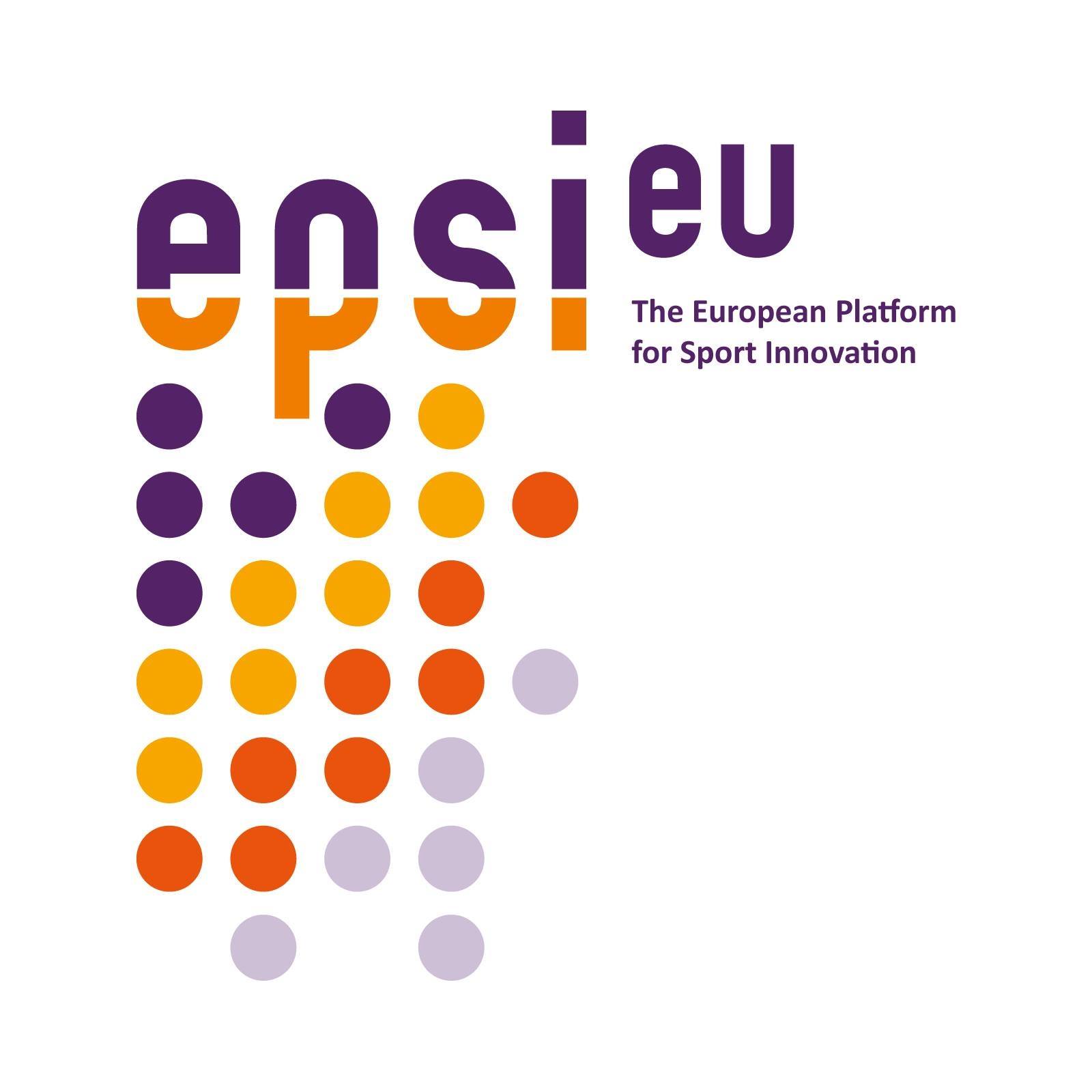Under the name of “Towards green transition in the sports sector” SmartSports4GoodLife project has launched a cycle of three webinars aimed to promote sustainability within the Sports sector, which will be celebrated between the 11th and 19th May at 10am.

Each webinar will include interesting presentations on sustainability in aquatic areas, sports facilities and sports events, together with use cases and b2b meetings among speakers and attendees. Specifically, the webinars will be as follows:
- 11th May. Optimising Energy Efficiency of Swimming Pools and Water Sports Areas
- 12th May. Maximising Energy Efficiency of Sports Facilities
- 19th May. Promoting Sustainability of Sports Tourism and Events
You will find the webinar full program on this link, together with the registration forms for each session.
The first two webinars are addressed to sports facilities, as energy is the second expenditure for a sports center. Moreover, this cost is even higher when the facility has aquatic areas, such as swimming pools, saunas, steam baths or whirlpools.
The first webinar, Optimising Energy Efficiency of Swimming Pools and Water Sports Areas, will include a presentation of Freepool, a water treatment solution led by Fluidra, born from a INDESCAT project; and the FINA Pools for All, which offers standardized tools for the worldwide design, construction and operation of a complete range of sustainable aquatic facilities compliant with the regulations of its different aquatic disciplines. Other uses cases will be presented, such as the DUNA Arena (Hungary), Lotec (The Netherlands) or Caldea (Andorra), among others.
The second webinar, Maximising Energy Efficiency of Sports Facilities, will be centered in Near Zero Sports Buildings. It will include the presentation of The Green Sports Alliance, an environmentally-focused trade organization based in Portland (US) that convenes stakeholders from around the sporting world to promote healthy, sustainable communities where we live and play. This presentation will be followed by the The Step-2-Sport project, a European project aimed at boosting energy efficiency in sports buildings, through a step-by-step deep renovation process, using existing efficiency tools, like Energy Performance Certificates and Energy Audits, designing effective and specific implementation actions in 26 different sport buildings over 7 EU countries: Sweden, Poland, Portugal, Spain, Italy, Greece and Bulgaria. Relevant case studies will be tackled, such as the Johan Cruijff Arena (the Netherlands), the 2020 European Handball Championship (Hungary) and the Real Betis Balonpié – Forever Green (Spain).
The last webinar, Boosting Sustainable Sports Events, will be focused on the importance of the green transition within sports tourism and the subsequent challenges for big sports events. Sports tourism plays an important role in the economic development of tourist destinations and has experienced an enormous increase in the latest years. Reducing its social and environmental impact in host destinations and promoting its sustainable development are key challenges to be explored. The session will include relevant international events, such as Le Tour du France (France), the Ski World Championship Courchevel-Méribel 2023 (France), the Ultra Trail du Mont-blanc 2021 (France) or the Formula-E (The Netherlands).
Besides these webinars, the attendees will be able to arrange B2B meetings with speakers and other attendees from different EU countries.
The specific objectives of this cycle of webinars are to gain knowledge on the latest trends on energy efficiency in sports facilities and sustainability in sports tourism; provide solutions, products and services to implement energy efficiency measures in sports facilities and sustainability in sports events; contribute to Sustainable Development Goals and combat climate change by cutting carbon emissions; raise facilities’ users and staff awareness on economic, social and environmental sustainability; attract more sports practitioners and customers by proving the shared value concept in the facilities and sports events business strategy; and, finally, increase profits by saving energy and economic consumption.
Towards green transition in the sports sector is addressed to European SMEs and corporations in the sport, leisure and tourism industry; owners, directors and managers of public and private sports facilities and swimming pools and water sports areas; sports facilities suppliers; sports events organisers and suppliers; training camps and sports academies; national, regional and local tourism agencies; travel agencies and tour operators; consultancies on energy efficiency; universities and technology centers; other clusters and business networks; other Stakeholders and Public administration
